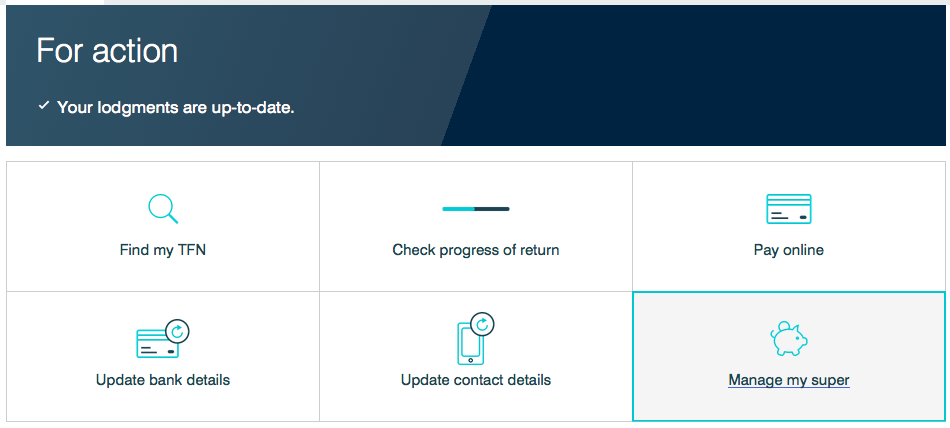Incredibly expensive housing in Australia is nothing new. For several years now we have had record or near record house prices across the country, combined with very low inflation. It means that the ratio of average income to average house price is such that I can’t work out how people are able to convince their lender that they can repay a mortgage.
The lack of affordability is something that has been discussed, but not addressed, by state and federal governments and is now hitting the headlines again. The latest harebrained idea is to allow first homebuyers to access their super to use as a deposit, and the average gen Y would think that would be great. Until they retire and realise that they had missed out on 30 or 40 years of their super compounding. Or perhaps they would twig when they see house prices continuing to increase as a result of all their peers having more money at the auctions. After all, increasing demand pushes up prices.
So what’s the answer?
This is where I get controversial. Firstly, abolish the First Home Owner Grants. They are a smokescreen designed to think that they’re helping young people when in actual fact all they do is push up prices. (How?! Go back and read that paragraph above).
Secondly, introduce an incentive to encourage first homebuyers to save as large a deposit as possible in the form of a grant for people who have at least a 20% deposit. Grant amounts could be for a maximum of 10% of the saved deposits, up to a maximum of, say, $150,000 (so that’d be a $15,000 grant). 20% deposits mean lower mortgages due to not having to pay Lender’s Mortgage Insurance, which in turn lead to reduced repayment times.
This would lower mortgage amounts and encourage buyers to look for cheaper first homes as well as providing a reason for builders to make smaller homes of 2-3 bedrooms rather than the 4-5 bed monsters you see in display villages.
And lastly (drum roll please because this is the really contentious bit), negative gearing must be limited to amounts over around $3 million. I’m not saying that people can’t own more than $3 million worth of property, just that you couldn’t claim a tax deduction for amounts greater than this.
The average Mum and Dad investor would not be affected but the few who exploit the system by claiming a tax deduction on 10, 20, 100 properties or more would likely be forced to sell their portfolios, freeing up housing stock at lower prices for first homebuyers.
For every winner there’s got to be a loser, right? Yes, and in this case it would be investors with more than 3-5 properties as well as banks and companies selling Lender’s Mortgage Insurance.
Yes there is every likelihood that this idea, if implemented, would lead to a housing market crash that would impact many more people than just those in the aforementioned groups, but this housing bubble is going to burst either way.
We just don’t know when.







